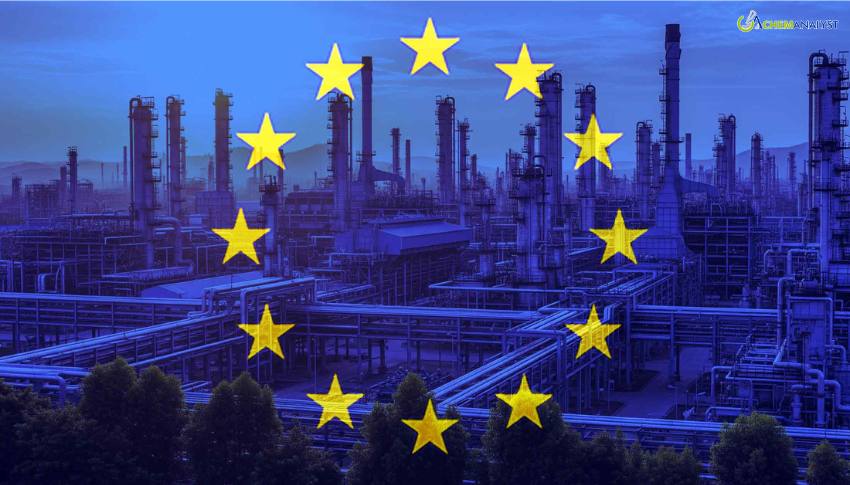Welcome To ChemAnalyst

The European Union has imposed sanctions on the Vadinar refinery in Gujarat, co-owned by Russia's Rosneft, as part of its latest measures against Russia's energy sector.
The European Union (EU) on Friday unveiled its 18th package of sanctions impacting the Vadinar refinery in Gujarat, India. This facility is jointly owned by Russian energy giant Rosneft’s Indian affiliate Nayara Energy and an investment consortium. It is the first Indian energy firm to be directly targeted since the invasion of Ukraine. The sanctions package, announced on July 18, 2025, includes an import ban on refined petroleum products made from Russian crude oil and originating from any third country.
India's Ministry of External Affairs spokesperson, Randhir Jaiswal, swiftly responded to the EU's action, reiterating New Delhi's long-held position of not subscribing to "any unilateral sanction measures." Jaiswal called for an end to "double standards" in energy trade, a clear reference to European states continuing to purchase refined products made from Russian oil from third countries. "We are a responsible actor and remain fully committed to our legal obligations," Jaiswal stated, emphasizing India's paramount importance on energy security.
The new EU sanctions also lower the oil price cap for Russian crude from $60 to approximately $47.6 a barrel and introduce a dynamic mechanism for adjustment. This builds on the largely ineffective G7 price cap set in December 2022. Additionally, the package targets 105 more ships believed to be part of a "shadow fleet" used to transport Russian crude, bringing the total number of listed vessels to 444. These measures aim to curb Russia's revenues, with the EU claiming to have already deprived Russia of EUR 450 billion.
Rosneft, a 49.13% stakeholder in Nayara Energy, which operates the Vadinar refinery, vehemently condemned the EU's sanctions. In a statement issued on Sunday, the Russian oil giant labeled the move "unjustified and illegal," arguing that it constitutes "extraterritorial and politically motivated restrictions that infringe on international law and the economic interests of sovereign states." Rosneft asserted that it holds no controlling interest in Nayara Energy, which is managed by an independent Board of Directors, and that profits are reinvested, with no dividend payouts to shareholders.
Despite India's strong objections, EU Ambassador to India, Herve Delphin, clarified on Saturday that the sanctions policy on Russian oil "doesn't prevent anyone from buying oil from Russia" and is designed to "not disrupt the global oil market supply." He stated that the price cap aims to reduce revenues fueling Russia's military efforts. Delphin also acknowledged that the ban on refined products from Russian crude by third-country operators is meant to close a loophole, even if it might result in higher import costs for European citizens.
We use cookies to deliver the best possible experience on our website. To learn more, visit our Privacy Policy. By continuing to use this site or by closing this box, you consent to our use of cookies. More info.
